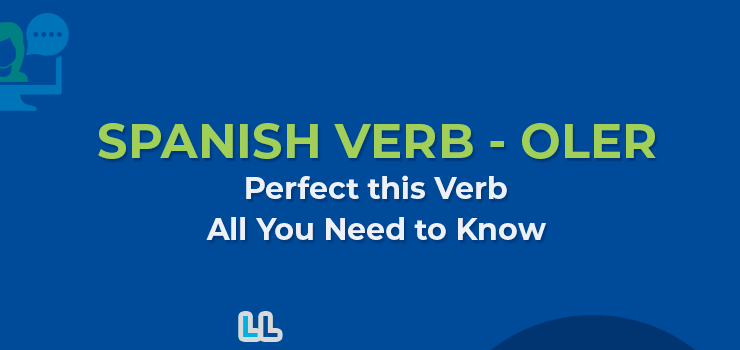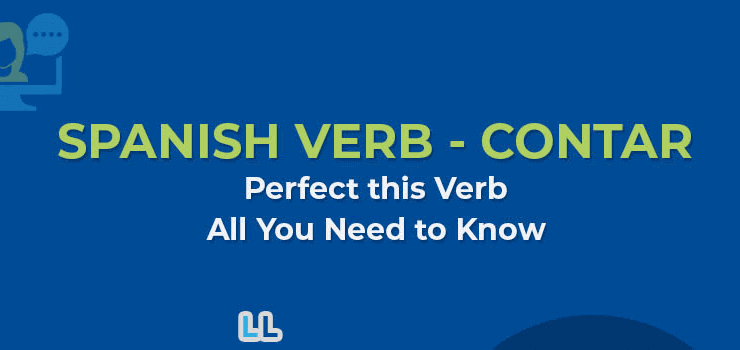Someone said a long time ago that “Spain is different” Maybe he or she was talking about our historical background; a mix of Roman, Arab, Cristian, Jew and Phoenician cultures that you can admire when walking around the cities, taking a look at the most beautiful buildings and architecture such as the Alhambra Palace in Granada;“la Sagrada Família” in Barcelona;…








